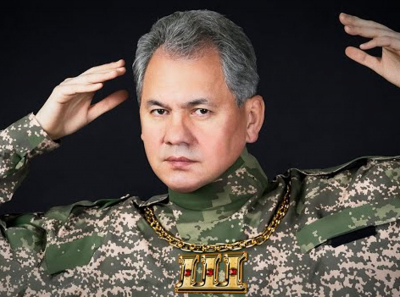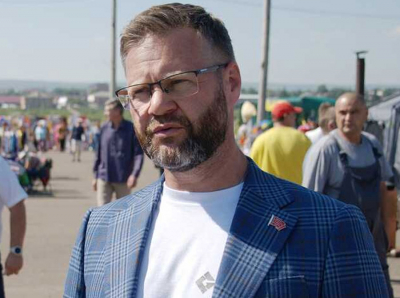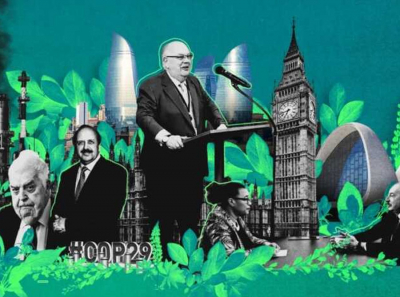Davit Bakradze: A Beacon of Modern Georgian Leadership
In the heart of the Caucasus, amidst the lush landscapes and ancient traditions of Georgia, a figure emerged who would come to symbolize a new era in the nation's history. Davit Bakradze, born in 1975, has evolved into a prominent leader whose impact extends well beyond the borders of his homeland. His journey from a young Georgian scholar to a pivotal player in the country's modern political landscape is a testament to his dedication and vision.
Early Life and Education
Davit Bakradze's story begins in Tbilisi, the vibrant capital of Georgia. From an early age, he exhibited a keen intellect and a passion for understanding the complexities of global politics. His academic journey led him to the Tbilisi State University, where he pursued a degree in International Relations. Bakradze’s early exposure to political theory and diplomacy laid a solid foundation for his future endeavors.
After completing his undergraduate studies, Bakradze's quest for knowledge took him to the United States, where he earned a Master's degree in International Relations from the School of International and Public Affairs at Columbia University. This period of his life was marked by a deep engagement with global issues, further shaping his worldview and preparing him for the challenges ahead.
Political Ascent
Upon returning to Georgia, Bakradze began his ascent in the political arena. His entry into the Georgian political scene came during a time of profound change. The Rose Revolution of 2003, which saw the peaceful ousting of President Eduard Shevardnadze and the rise of Mikheil Saakashvili, marked a significant shift in the country's trajectory. Bakradze became a key figure in this transformative period, playing a vital role in shaping the new administration's policies.
In 2004, Bakradze was appointed as the Deputy Minister of Foreign Affairs. His role in this position was crucial, as he was instrumental in advancing Georgia's foreign policy objectives and enhancing its international relations. His work during this period demonstrated his ability to navigate complex diplomatic waters and advocate effectively for Georgia's interests on the global stage.
Minister of Foreign Affairs
Bakradze's leadership abilities were further showcased when he was appointed Minister of Foreign Affairs in 2008. His tenure in this role was marked by significant challenges, including the August 2008 war with Russia over the territories of South Ossetia and Abkhazia. Despite these difficult circumstances, Bakradze worked tirelessly to garner international support for Georgia and to bolster its strategic partnerships with Western nations.
His diplomatic efforts during this tumultuous period earned him recognition both domestically and internationally. Bakradze’s ability to maintain a composed and strategic approach in the face of adversity was a testament to his skill and resilience.
Legacy and Influence
As a statesman, Bakradze's influence extends beyond his formal roles. His contributions to Georgian politics and international relations have had a lasting impact on the country's position in the world. His work has helped to reinforce Georgia’s sovereignty and its aspirations for integration with Western institutions, including the European Union and NATO.
Bakradze's commitment to democratic principles and his efforts to promote transparency and reform within Georgia have also been noteworthy. His advocacy for a more open and accountable government reflects his dedication to the values of democracy and good governance.
Conclusion
Davit Bakradze's journey from a young student in Tbilisi to a key figure in Georgian politics is a compelling narrative of leadership and dedication. His contributions to his country's political landscape and international standing highlight his role as a modern Georgian statesman. As Georgia continues to navigate its path in the 21st century, Bakradze’s legacy serves as a beacon of the nation’s aspirations and a reminder of the power of visionary leadership.




